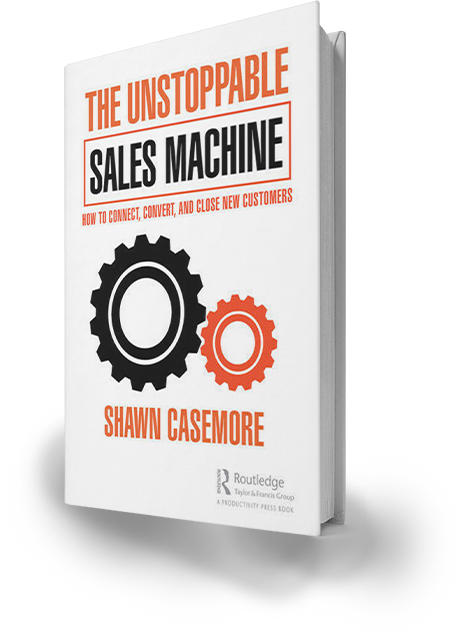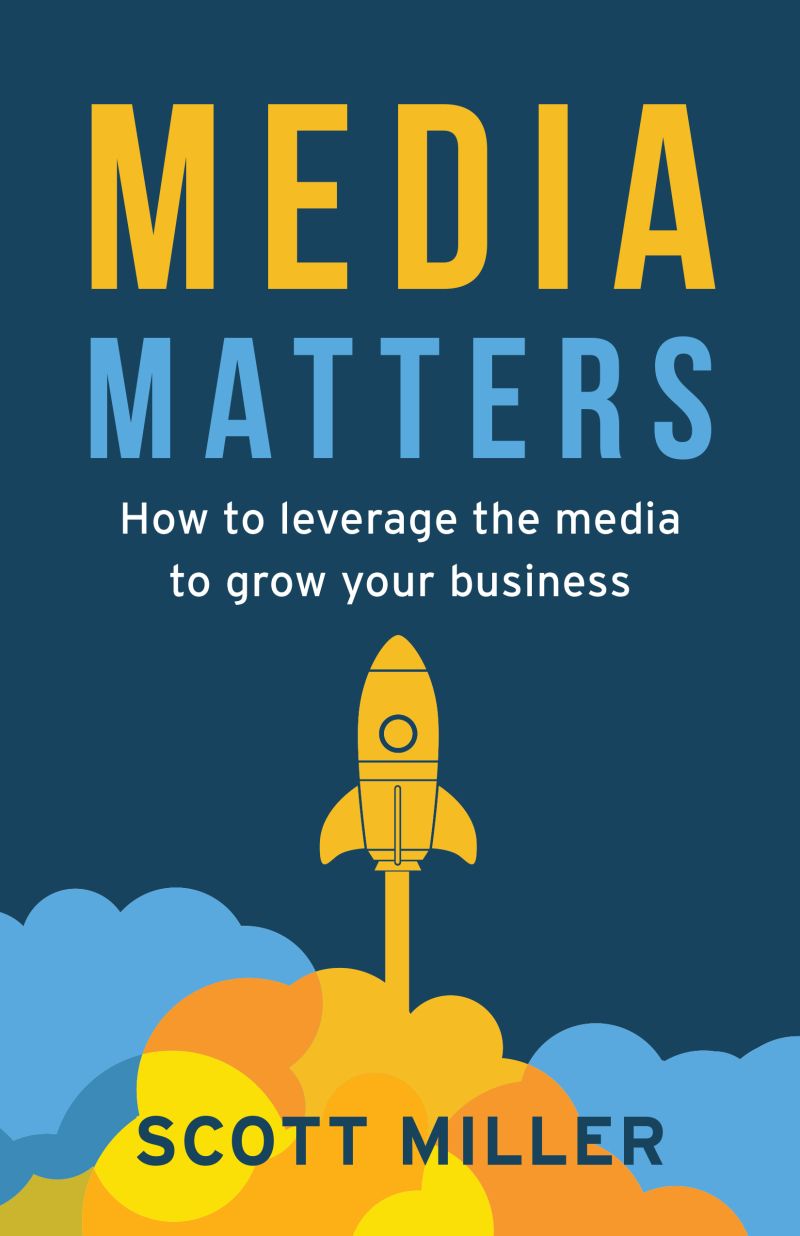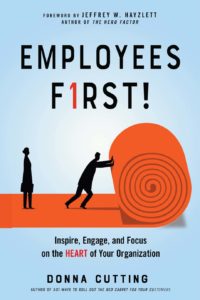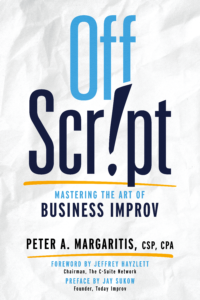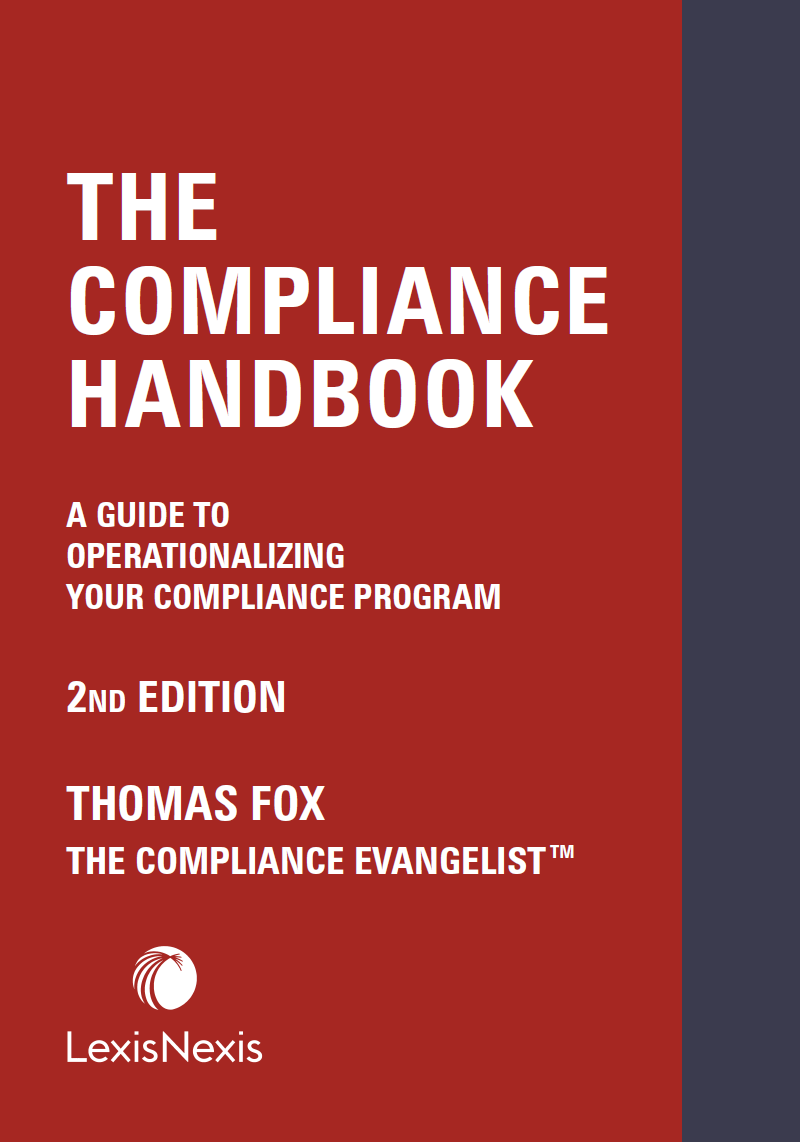Making Meetings Matter: How Smart Leaders Orchestrate Powerful Conversations in the Digital Age
James P. Ware, PhD
Are you frustrated by unfocused, boring meetings? Is your organization stuck in an unproductive meeting trap? Do you and your staff waste precious hours at work sitting in meetings that don’t matter?
It is common to feel that corporate meetings are a waste of time. Time that could be better spent getting “real work” done. But it doesn’t have to be that way. This book is dedicated to the proposition that meetings can be meaningful, productive, and even fun—all at the same time.
We need to bring business meetings into the digital age in the same way that we have reinvented business planning and written communication. The current form of corporate meetings is bent and broken; it just doesn’t fit the realities of the global, technology-rich world that we live in today.
Making Meetings Matter is all about reinventing the business meeting. It offers advice and guidance for streamlining and strengthening all kinds of corporate conversations; but it focuses where it should, on the formal meetings that fill up over 50 percent of most managers’ calendars.
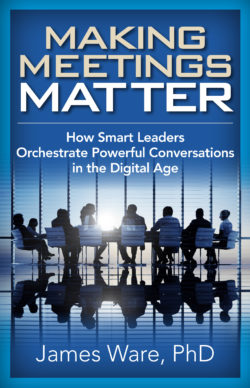
About the Author
A former Harvard Business School professor, Jim Ware has focused his entire career on understanding what organizations must do to thrive in a rapidly changing world.
His business wisdom comes from deep academic knowledge and over thirty years of hands-on experience as a senior executive and an organizational change consultant. All that work in the trenches taught him how critical meetings are to organizational success and how rare it is for them to be productive, let alone popular.
Today Jim works with organizational leaders to turn all those dull, boring meetings into highly engaging conversations. A passionate futurist and meeting design strategist, he has distilled decades of personal learning into an essential set of “new rules” for designing and leading meetings that matter.
Jim is the founder and executive director of The Future of Work...unlimited, a research and advisory firm. He has co-authored several books about the digital economy and its implications for leadership and organizational performance.
Jim holds PhD, M.A., and B.Sc. degrees from Cornell University and an MBA (With Distinction) from the Harvard Business School. He lives and works in northern California.

Five Reasons Why There Are So Many Bad Meetings
There are over 11 million corporate meetings a day in the United States alone. 11 million! Yet, as I am fond of saying, I have yet to meet anyone who is dying for their next meeting to start.
When was the last time you sat through a meeting that you found boring, a waste of time, and unproductive? Everyone I talk to can tell me about a recent meeting they attended but hated.
Yet most people who work spend most of their time in meetings of one kind or another. Some studies claim that project team leaders and department managers typically spend between 40 percent and 60 percent of their work week in meetings. That amounts to well over 20 hours a week – not counting the time they spend preparing for those meetings or writing up post-meeting reports.
As Alan Webber, former editor of the Harvard Business Review and co-founder of Fast Company observed over twenty years ago, conversation is at the heart of knowledge-based work. It’s how we exchange information, solve problems, test our ideas, create new knowledge, and connect with our colleagues and customers.
Ideally, every meeting would feel like an exciting, engaging conversation.
If we spend so many working hours in meetings of one kind or another, why are so many of them so painful? There are at least five reasons we suffer through so many bad meetings:
1. We are already swimming in a sea of information.
Meetings have served traditionally as an efficient means of sharing consistent information with a group of people who need to know. A team leader calls everyone into a conference room to report news to the group or to ask the participants to share project updates.
Yet digital technology today provides most of that kind of information more quickly and more accurately, and in formats that can be fine-tuned to individual needs. Whether it’s email, Twitter, Jabber, Yammer, Slack, instant messaging, or project status websites, everyone who needs to know what’s going on can get updates while sitting at their workstations, or on mobile devices no matter where they are.
Stopping everything else to sit in a closed conference room for an hour or more just doesn’t make the same kind of sense it used to.
2. It’s too easy to call meetings – and there is little accountability for results.
It’s just too easy for a team or department leader to schedule a meeting. And hardly anyone publishes a formal agenda or a statement of desired outcomes in advance of a meeting. As someone pointed out recently, most of us have a corporate expense authorization limit (typically $500 or $1000 unless you are reasonably high up in the hierarchy), but just about anyone can call a meeting with 5-10 people at a combined salary cost that is much higher.
3. Many meeting leaders don’t define their purpose or the desired process clearly.
There are many different reasons for calling a meeting; and the appropriate conversation process varies dramatically depending on the meeting’s purpose and desired outcomes. An informational meeting should unfold differently from a decision-making meeting, which in turn is different from a creative brainstorming meeting. Yet all too often participants arrive at the meeting without any understanding of the agenda, the intended process, or the desired outcomes.
4. Most organizational cultures discourage candid conversation.
When meetings are fun, respectful, and engaging the participants are curious, exploring ideas, listening actively, learning new and meaningful ideas, and often constructively challenging each other. But in many organizations today the dominant behavioral norms discourage even mild disagreements.
One of the biggest enemies of meaningful meetings is the tendency towards groupthink and an unwillingness to engage in any active discourse. Challenging someone’s idea, or offering alternative approaches, means taking responsibility for conflict and change, and that can be stressful.
5. Many of us are not effective listeners and learners.
The high levels of stress and overwork that affect so many of us these days make it genuinely difficult to hear ideas or arguments that run counter to our own experience and preferences. New ideas, or ideas that might complicate our own work, are hard to absorb. So we tend to shut them out, or at least dismiss them as not important or not doable.
The best way to overcome those five challenges is to view every meeting as an improv performance. Remember just four things: Purpose, Participants, Process, and Place. Design the meeting carefully, get it started, and let it go – be in the moment, and never forget the first principle of improv: respond to every comment with “Yes, and” rather than “Yes, but.” Orchestrate the conversation; don't dominate it.





